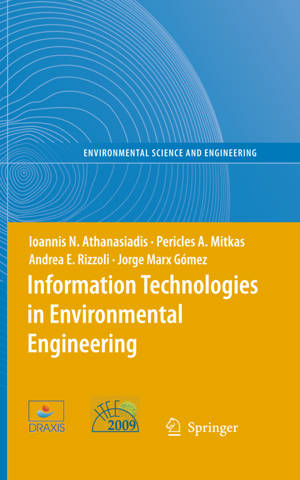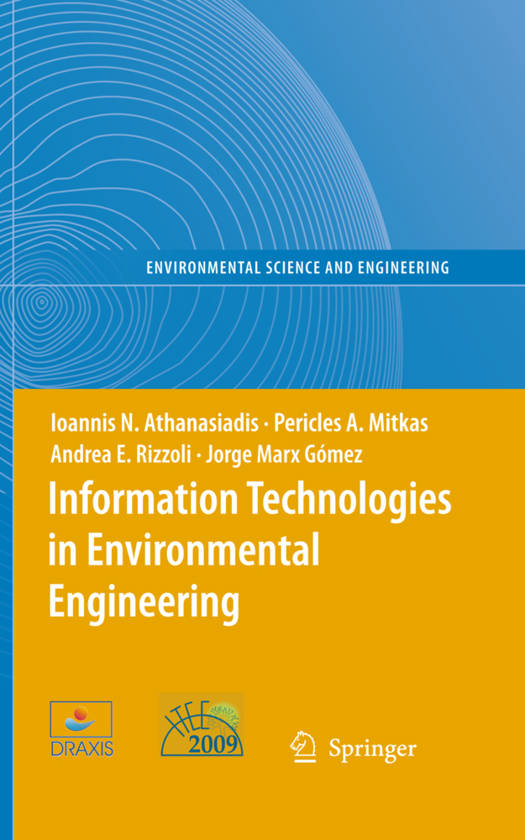
- Afhalen na 1 uur in een winkel met voorraad
- Gratis thuislevering in België vanaf € 30
- Ruim aanbod met 7 miljoen producten
- Afhalen na 1 uur in een winkel met voorraad
- Gratis thuislevering in België vanaf € 30
- Ruim aanbod met 7 miljoen producten
Information Technologies in Environmental Engineering
Proceedings of the 4th International ICSC Symposium, Thessaloniki, Greece, May 28-29, 2009
Omschrijving
Information technologies have evolved to an enabling science for natural resource management and conservation, environmental engineering, scientific simulation and integrated assessment studies. Computing plays a significant role in every day practices of environmental engineers, natural scientists, economists, and social scientists. The complexity of natural phenomena requires interdisciplinary approaches, where computing science offers the infrastructure for environmental data collection and management, scientific simulations, decision support documentation and reporting.
Ecology, environmental engineering and natural resource management comprise an excellent real-world testbed for IT system demonstration, while raising new challenges for computer science. Complexity, uncertainty and scaling issues of natural systems form a demanding application domain for sensor networks and earth observation systems; modelling, simulation and scientific workflows, data management and reporting, decision support and intelligent systems, distributed computing environments, geographical information systems, heterogeneous systems integration, software engineering, accounting systems and control systems.
This books offers a collection of papers presented at the 4th International Symposium on Environmental Engineering, held in May 2009, in Thessaloniki, Greece. Recent success stories in ecoinformatics, promising ideas and new challenges are discussed among computer scientists, environmental engineers, economists and social scientists, demonstrating new paradigms for problem solving and decision making.
Specificaties
Betrokkenen
- Uitgeverij:
Inhoud
- Aantal bladzijden:
- 597
- Taal:
- Engels
- Reeks:
Eigenschappen
- Productcode (EAN):
- 9783540883500
- Verschijningsdatum:
- 13/05/2009
- Uitvoering:
- Hardcover
- Formaat:
- Ongenaaid / garenloos gebonden
- Afmetingen:
- 165 mm x 239 mm
- Gewicht:
- 1079 g

Alleen bij Standaard Boekhandel
Beoordelingen
We publiceren alleen reviews die voldoen aan de voorwaarden voor reviews. Bekijk onze voorwaarden voor reviews.










